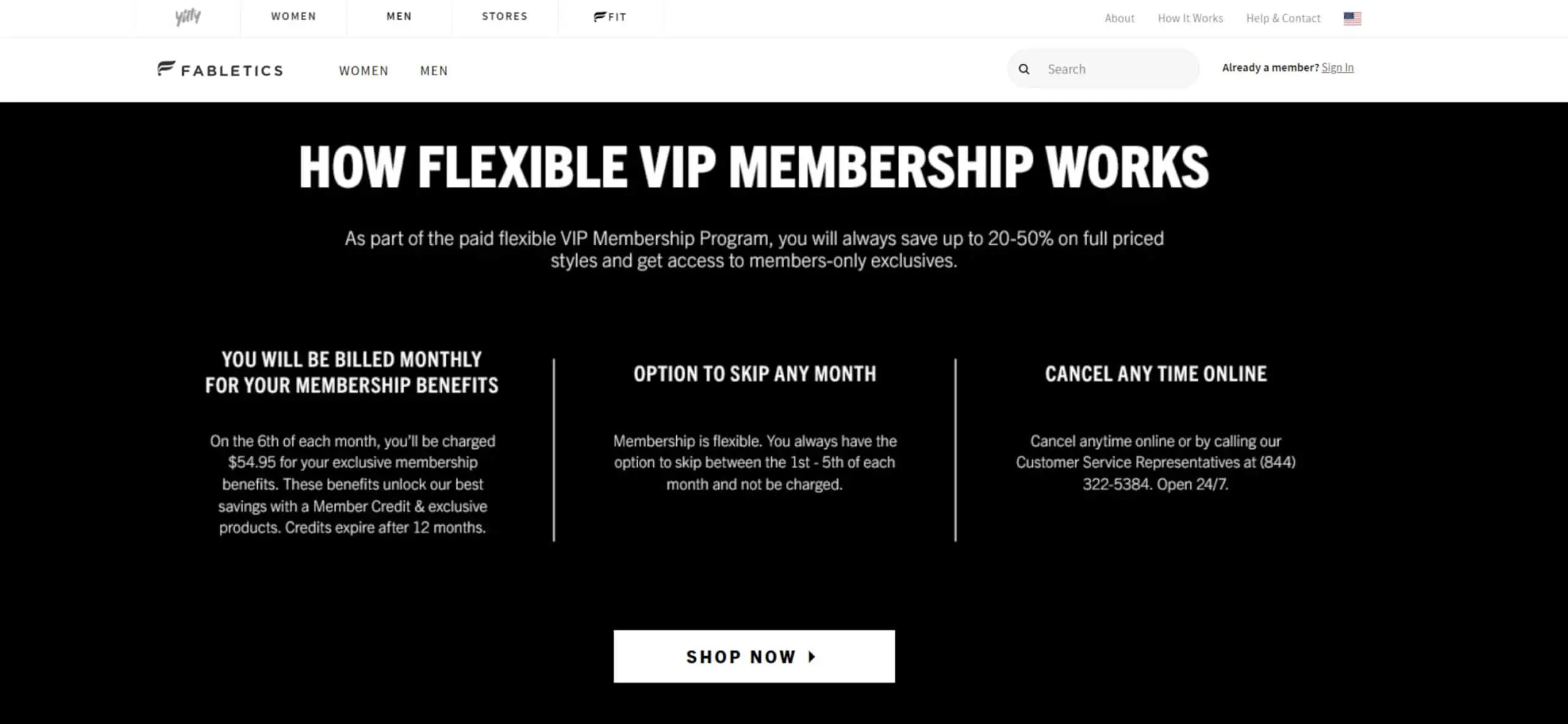How These 6 Sneaky Marketing Tricks Get You to Spend More Money
This post may have affiliate links. Please read the Disclosure Policy for complete details.
Marketing is a big business.
Marketing agencies know how to suck every out of everyone.
Not just consumers like you but the companies that hire them, too.
That’s why they employ also many marketing tricks in their campaigns.
Nothing proves that more than the Super Bowl.
The average cost of a Super Bowl ad is $3.5 million!
And that’s just 30 seconds long.
That just goes to show you the lengths that some companies will go to get their product placed in front of over a hundred million viewers’ eyes.
It also shows that consumers allow themselves to be tricked by marketing agencies.
Out of the more than 111+ million-plus viewers of the game, how many do you think are watching just for the commercials?
Those people are spending hours of their time watching a game they have absolutely no interest in or understanding of just to see major corporations put the sexiest, most intriguing, funny, and sad commercials in front of them.
These companies bet big on making memorable commercials using:
- enticing imagery
- celebrity endorsers
- truth-stretching facts
- heart-tugging stories
- literal fake imagery
They are gambling that the massive payments to agencies combined with these marketing tricks will result in you buying what they are selling.
The truth of the matter is they know many people believe any claim, follow what others say and do, and are just waiting for someone to tell them what to spend money on.
These companies are more than happy to oblige.
It doesn’t matter if it’s
- Broadcast television
- Cable television
- Radio
- Web
On top of all that, they know what sucks people in, and take full advantage of those marketing tricks to the fullest extent…
Marketing Trick #1: Companies Caring About You

Many companies claim that they care about their customers and that customer service is their top priority.
They know that people like to feel important, and by telling people enough they will eventually believe it.
Why else do on-hold messages continually tell you how important your call is and that someone will be right with you when you try to call a customer service number?
If this were indeed true, wouldn’t the companies actually put their money where their mouths are and have a staff capable of taking customer calls as they come in rather than make the so-called “important” people waste their valuable time on hold?
At least they can give the customers the option of holing in silence rather than listening to annoying Muzak songs or gibberish talk about the company.
Putting it bluntly, most companies couldn’t care less about you as an individual.
Oh, they care about your money and that you spend it with them, but don’t be lulled into a false sense of importance just because they say that you are.
If you want the true test, try calling to see how long it takes to get through, and then ask them to help you with a problem and see what happens.
Marketing Trick #2: Your Fandom

Who doesn’t have a favorite actor, athlete, singer, or other type of celebrity?
Marketing agencies know that which is why major companies love to use celebrity endorsers to suck people in.
They know that if a person’s favorite celebrity is pitching a product there is a good chance that it will implant a positive idea of that product in the consumer’s mind.
Do you think Queen Latifah, Halle Berry, Beyonce, or any number of spokespeople actually use the same drugstore-brand cosmetics they pitch?
How about Tommy Lee Jones or Dennis Hopper: think they use Ameriprise to handle their investments?
Think Sam Waterston has his portfolio at TD Ameritrade?
Do Regis Philbin and Kelly Rippa bank with TD Bank?
What about Dylan Bruno or Patrick Warburton owning the cars they are paid to represent?
Do any of the athletes who pitch Subway actually eat there when so many are known to have private chefs and nutritionists creating custom menus specifically for them in-house?
Do you honestly think Jennifer Lopez drives a Fiat and still calls the Bronx “home” as she does in the commercials?!
I doubt that any of those people really use the things they tell you, their fans to buy.
Yet, people will take someone they like being the spokesperson as a real endorsement and follow their suggestions, going out and buying those products and services.
Marketing Trick #3: Your Lack Of Attention
You know those speed-talking guys and ladies that you hear on TV and the radio?
You know the ones I’m talking about; the ones who, when they start, you can only make out one, maybe two of the words from the entire speech?
How about those minuscule words you see on TV and in print ads?
Those are legal disclosures that are required for certain advertisements to have.
Why are they so difficult to hear or read?
Some would say it’s because there is so much information that is required and such little time to do so.
Actually, it’s because the companies know that people won’t bother with them or make extra effort to hear or read, even though they contain important information.
Drug companies try to have the paid endorser label hidden in the background so people think that the doctors pitching the products are actually endorsing them.
Car companies hide the terms in the small print to make their “low-payment” leases seem more attractive or hide the fact that these are bare-bones models.
Many commercials slyly put up the “actor portrayal” disclaimer in hard-to-see places.
The marketing agencies trust that people won’t pay much attention to anything other than what they want you to.
Marketing Trick #4: All Of The “Awards”

It seems that every product claims to be the best at what it does in its commercials.
They all seem to have awards and surveys to back up those claims.
But, do any of those awards and claims really mean anything?
Is it a case of marketing agencies latching onto any sliver of a “win” for their clients?
Or is it just another in a long line of marketing tricks to make you think a product/company is “special”?
That may be a question for someone else to answer, but they know people want to have the best things, so if they can convince consumers that they are offering the best it just may work.
Do people really care where the information is from, or do they just hear this award, that award, this ranking among its competitors?
Marketing agencies know that consumers want to be associated with what’s hot and considered to be premier.
What better way to entice them than to throw out all of these accolades, no matter how meaningless or far-fetched they may be?
Marketing Trick #5: Puppy Dog Eyes (Literally)
A lot of these types of campaigns revolve around charitable contributions.
All of those commercials about the kids going hungry in faraway lands.
What about the TV spots about abused animals or the celebrities (2 for 1 special in those) with their adopted pets?
Then you have the sick kids here in the US (to be honest, St. Jude’s to me is one of the only charities I trust with money, and trust that it goes towards programs and not administrative stuff).
Those always get people to donate to charity!
It’s one of the most well-known marketing tricks out there–make people spend with their hearts, not their heads.
They may all be great causes and do wonderful work, but they are a little shady in their advertising campaigns.
While the work they do is all they need to talk about to garner support, they take things a (king-sized) step extra: the graphic and sad imagery.
Marketing agencies know that people will tune out the words, but many simply cannot get the images out of their heads, and the ad people take full advantage of it.
They purposefully show you those images knowing that those scenes alone can cause people to give to their causes, regardless of anything else that may be going on.
They hope that you are all suckers for a sad story!
Then you have the opposite side of the tear-jerking.
They shove all of the lovey-dovey couples down your throat for Valentine’s Day.
It’s always something with marketers lol.
Marketing Trick #6: What You See Isn’t What You Get

Another sneaky marking trick is flat-out lying to customers.
Yeah, you read that correctly, they straight-up lie to you.
And it’s legal, too!
Think about it…you’ve no doubt seen the commercials for:
- Cell phones
- Food
- Televisions
- Luxury cars
- Auto insurance agencies
They all contain fake images or statements.
Samsung and Apple iPhone commercials contain “simulated screen images”.
The burgers you see in commercials have the seeds “perfectly glued onto the buns” and the cheese is melted with a heat gun or hairdryer.
The “steam” that comes from pasta and other “piping hot” dishes is fake and done with chemicals or steam machines.
Pancakes are held together with sticks and the “syrup” is often motor oil.
These are just some of the more common examples.
Fake food in commercials is nothing new.
It’s how they get you–showing you the perfect version of something they know you will never get in real life.
But now, it would appear the whole Geico 15 minutes thing is fake as well:
I mean, if the “15% savings” is really a ploy to stick in your mind, what else is there to say?
And how are all of these marketing agencies allowed to get away with flat-out misleading people?
Go back up the section about you not paying attention.
There are legal loopholes and disclosures that you probably didn’t even notice.
It may be “legal” but I still call bullshit on the entire practice of marketing agencies being allowed to do any of it!
Marketing Trick #7: Words Matter

Surprise!
I know the title said 6 techniques, but here is a bonus 7th.
This is a multi-step marketing trick that is used by everyone from major retailers to auto dealers to content creators selling courses or other products.
Words do matter in the psychology of spending, which is why so much money is spent on the subject.
The first example is placing the idea in your head of getting a low price using phrases such as
- As low as…
- As little as…
- Starting from…
What this accomplishes is getting you in the door, which is when the pressure tactics or bait and switch happens.
For instance, you go to finance a car that is marketed as “starting from $99/month”.
When you get to the dealership, the only car that is available at the $99/month price point is a base model that’s manual and doesn’t have power options (seats, windows, door locks).
What happens next is the salesperson talks you into a “better” model but also one that costs more money.
Another very popular marketing trick, especially with online products is creating a sense of urgency.
This involves the prominent use of:
- Limited-time offers on banners/popups
- Countdown timers
- Proclamations of limited stock/quantities
What that does is plant the seed in your mind that if you take the time to consider making the purchase, you might lose out on the offer.
So you’re left with two options: rush to lock in the “savings” or take time to do your due diligence and risk missing out on said savings.
The last marketing trick I want to bring to your attention is the “add on” or upsell method.
A very popular example I’ve come across is the athletic fashion brand Fabletics.
You can get save money on the products but you have to buy a membership first.
On good thing is that you can pause your account without having to close it, but you have to do so by the 6th of the month, or else you will get charged.
So you have to ask yourself “Will the savings be more than the monthly subscription fee?”.
If yes, then programs like this can be worth the money.
If the answer is no, then you have no reason to join up only to waste your money.
Wrapping Up
All of this just shows that marketing agencies are great at taking advantage of consumers.
They spend millions on market research and focus groups trying to get into their heads to market to them in more successful ways.
No matter how you feel about it, as a group, we are suckers when it comes to advertising and marketing campaigns.
Why else would companies spend millions of dollars to be in front of our faces, put their names on sports stadiums, and race cars, or sponsor other events?
As long as people continue to spend their money in the ways they do: basing their decisions on what others do, making emotional decisions, and trying to have the “best”, etc. companies and their marketing agencies will consider playing people as suckers.
Your Turn
What are your thoughts on these marketing tricks–have you ever fallen for one or more of them? Have you ever just had to roll your eyes and ask yourself “Who the fuck thinks this was a good way to spend money?”

